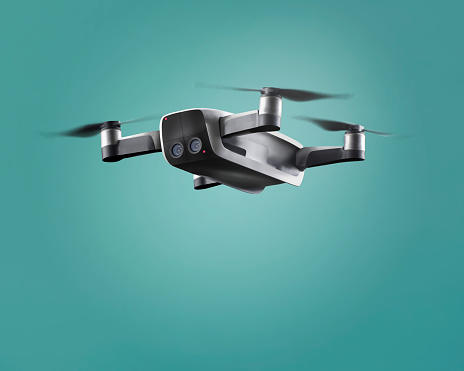The city of Raleigh is launching a groundbreaking drone program that could change the way hospitals approach transporting supplies.
Getting medical supplies from one location to another can be a time-consuming task for some hospitals — especially those in large metropolitan areas — and when you’re transporting materials like blood or organs, every second counts.
Hospitals are now turning to tech to save time. Recently, UPS partnered with Matternet, a drone tech company, to deliver medical samples at WakeMed’s Raleigh campus using unmanned drones. WakeMed is a group of healthcare buildings, including hospitals, with facilities throughout the city.
Both the Federal Aviation Administration and the North Carolina Department of Transportation provided oversight for the project, according to the press release. Not only is this an interesting application of drone technology, but it marks a historical moment.
Bala Ganesh, vice president of UPS’ advanced technology group, said, according to The Seattle Times, “This is a turning point, and it’s an historic moment because this is the first FAA-sanctioned use of a (drone) for routine revenue-generating flights.”
According to a tweet from UPS, unmanned drone delivery is at least ten times faster than using a car. That’s obviously a big deal and super beneficial, for both patients and the hospital.
We’re teaming up with @matternet & @WakeMed to revolutionize #healthcare logistics. This is a major milestone for unmanned aviation in the US. Drone delivery is, at a minimum, 10X faster than the existing ground transport by courier car. 🏥 📦 pic.twitter.com/cTliAqTnYc
— UPS (@UPS) March 26, 2019
The program will start out with short distances by having drones only transport materials one-third of a mile from a medical park to the main hospital building, as reported by The Seattle Times.
If all goes well, the program could expand to include other buildings in Raleigh, and possibly other cities.
Plus, this is a great example of how new technology can be used responsibly. Previously, there’s been concerns around drones, especially due to their potential for misuse by government agencies like law enforcement.
Although this is a first for the United States, drones have been used in healthcare systems before. Matternet has already completed over 3,000 successful flights for healthcare systems in Switzerland. In addition, UPS previously partnered with GAVI and Zipline to deliver blood to remote locations in Rwanda.

